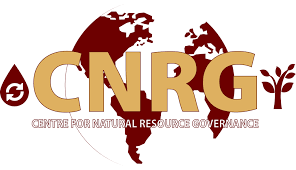
By Terrence Kurira
Harare- The Centre for Natural Resource Governance (CNRG) has condemned the planned culling of 50 elephants at Save Valley Conservancy, calling it an unethical and outdated response to wildlife management challenges.
In a statement released Thursday, the environmental watchdog accused the Zimbabwe Parks and Wildlife Management Authority (ZimParks) of sanctioning what it described as “state-sanctioned killing” under the misleading banner of an elephant management exercise.
“This is a violent, short-term fix that disregards the complex social structures of elephant herds, risks traumatizing surviving animals, and ultimately fails to address the root causes of habitat stress and human-elephant conflict,” reads the statement.
https://www.theanchor.co.zw/zimparks-gives-green-light-to-elephant-culling-in-save-valley/
CNRG argued that culling undermines years of advocacy for humane conservation methods and jeopardizes one of the country’s largest economic sectors, tourism, which contributed over US$430 million to the national GDP last year.
The organisation also raised alarm over possible hidden motives behind the exercise, alleging that the planned distribution of elephant meat to communities could mask efforts to quietly build ivory stockpiles.

“Turning elephants into meat and trophies under the label of ‘management’ betrays both our heritage and our moral responsibility,” CNRG said.
Zimbabwe previously abandoned elephant culling in the 1990s following global outrage over its cruelty. CNRG fears the current move signals a troubling policy reversal.
While ZimParks has confirmed it issued permits for the culling, citing an elephant population of 2,550 against a carrying capacity of 800 in Save Valley Conservancy, CNRG dismissed the justification as flawed.
“The ecological carrying capacity model used is outdated and based on narrow calculations that ignore broader landscape dynamics and climate variability,” the group said.
CNRG is urging ZimParks to suspend the cull and instead pursue sustainable solutions, including the creation of ecological corridors, translocation, contraception, and community-based conservation strategies.
“We call for a transparent, multi-stakeholder dialogue and investment in non-lethal, science-backed methods. Zimbabwe’s elephants are not surplus biomass to be disposed of; they are sentient beings and national treasures,” said CNRG.










